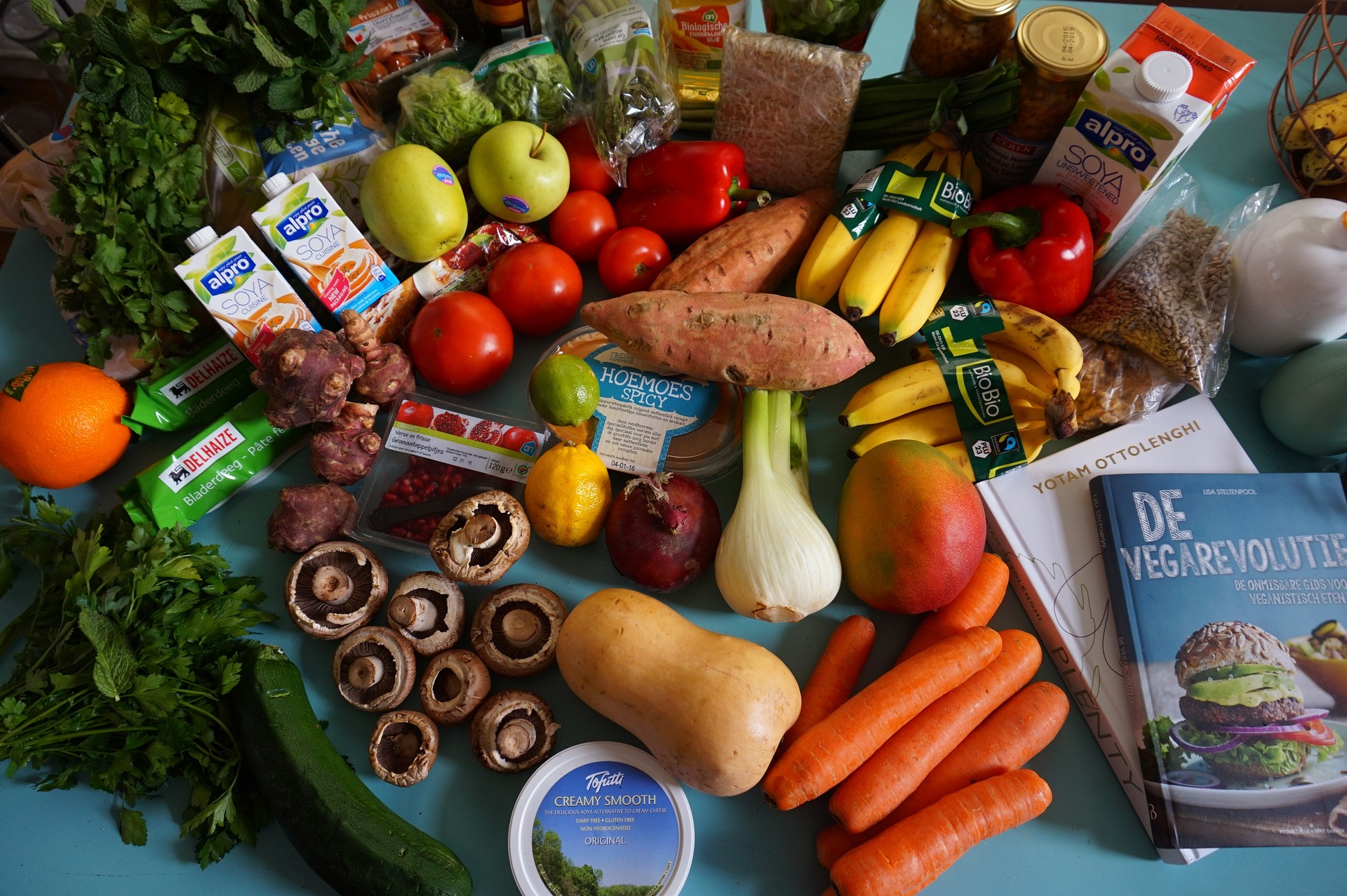The Confluence of Food and Identity: Taste as a Social Marker in the 21st Century
In our globalized world, the act of eating is more than a mere physiological necessity—it’s a rich exploration of our identities. The food we consume has evolved into a vibrant social marker, a telltale sign of our cultural affiliations, personal values, and even socio-economic status. Intrigued? Read below to discover how our taste buds have become intertwined with who we are and how we relate to one another.
A Historical Overview: Food as a Cultural Identifier
Food has always been more than sustenance. In ancient societies, culinary habits were a clear indicator of one’s culture, social status, and even religious beliefs. From the opulent feasts of Roman patricians to the dietary restrictions in various religious orders, what we ate and how we ate it painted a vivid picture of who we were. This connection between food and identity has persisted throughout history, growing more complex with the advent of globalization.
The Global Smorgasbord: Cultural Fusion and Identity
In the 21st century, our plates have become a microcosm of our globalized world. As borders blur and people migrate, food is carried along, transforming the culinary landscapes of host countries and creating a blend of flavors, a phenomenon often referred to as ‘food fusion’. This has resulted in a dynamic shift in how we perceive identity. Today, an American can bond over sushi with a Japanese friend, while an Indian might find common ground with a Mexican over their love for spicy food.
The Vegan Movement: Food and Ethical Identity
Food choices are now linked not just to cultural identity, but personal ethics and values. The rise of the vegan movement is a prime example of this. Choosing to abstain from animal products is often a statement about one’s concern for animal welfare, environmental sustainability, and personal health. In this way, food has become a medium through which individuals can express their ethical identities and find community with like-minded people.
The Socio-economic Dimension: Food and Social Status
In an era of rampant consumerism, food has also become a marker of socio-economic status. The ability to afford organic, locally grown food or dine at high-end restaurants has become a symbol of economic prosperity and social status. Conversely, dependence on fast food or processed meals often signifies a lack of resources. This stratification of society based on culinary choices reveals the deep-seated connection between food and our societal positions.
Food and Identity in a Changing World
As we move deeper into the 21st century, the relationship between food and identity will continue to evolve. It serves as a testament to our cultural roots, personal beliefs, and social standing. As we bite into our next meal, it’s worth reflecting on the story it tells about us. Whether it’s a slice of sushi, a vegan burger, or a simple home-cooked meal, our food choices are a profound reflection of who we are in today’s ever-changing world.







